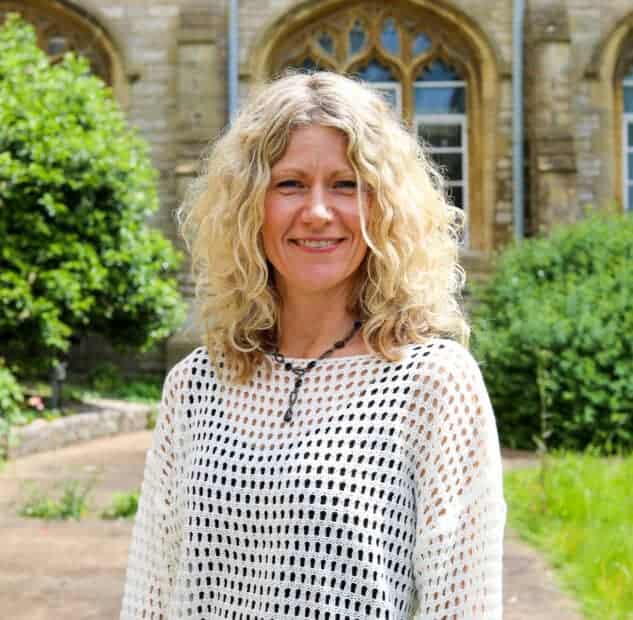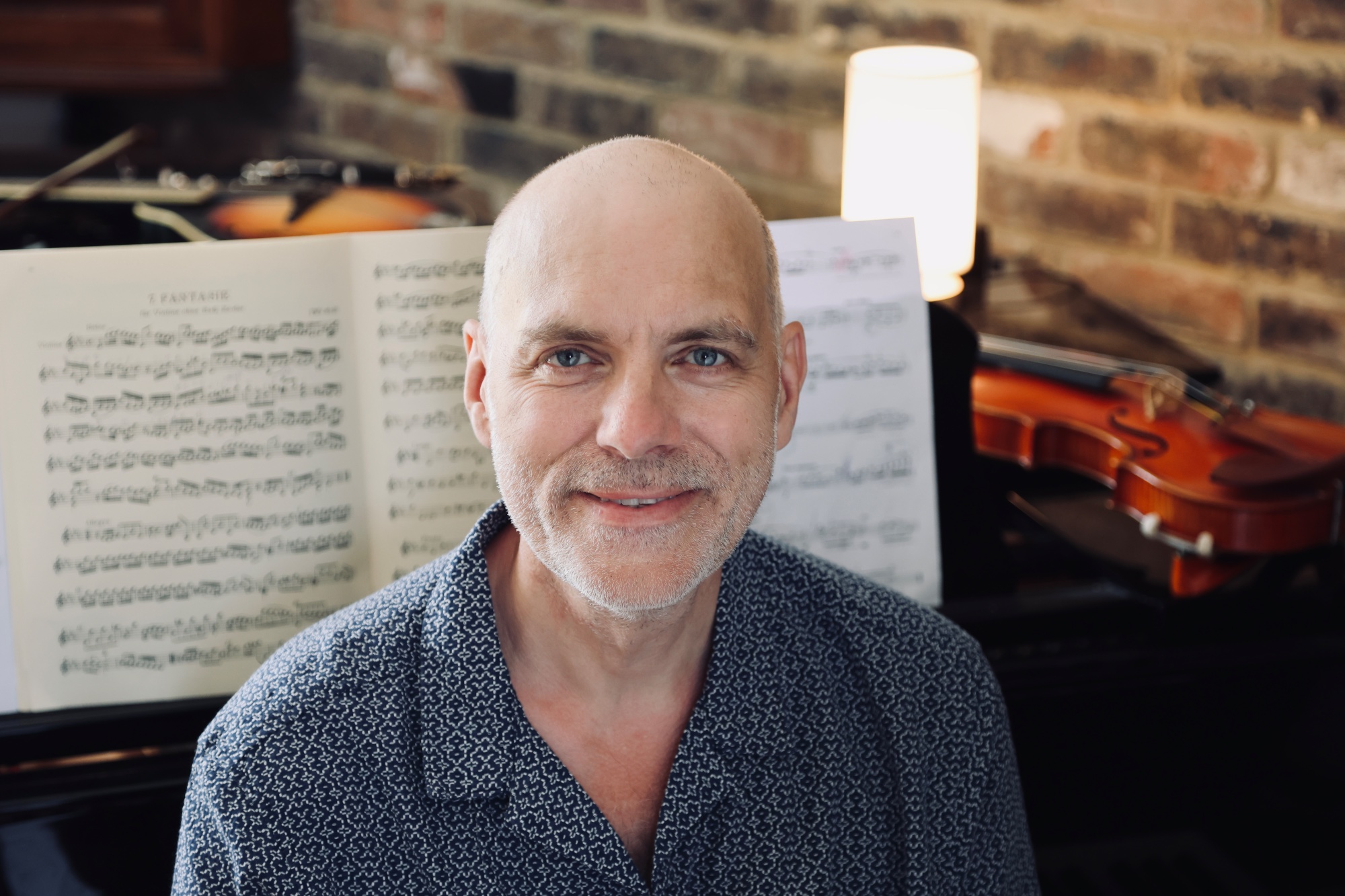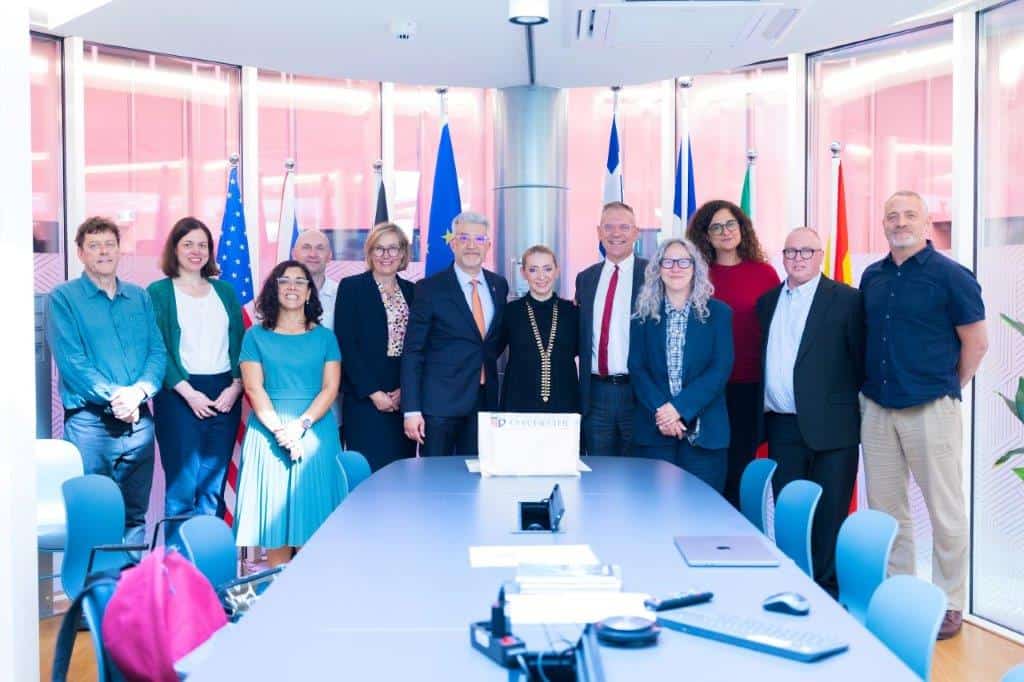Our People – Alison Woodward

Alison Woodward, Deputy Director of the Conservatoire
Tell us about your role at the university. When did you join and what brought you here?
I joined the University in 2004 as an Associate Lecturer, then Senior Lecturer and Performance Development Coordinator in 2008. In 2015 I became Deputy Head of Music and this title was adjusted to Deputy Director of the Conservatoire in 2021.
The Conservatoire (which now includes Dance and Theatre) delivers around 40 degree programmes, with nearly 30 Senior Lecturers, many of whom are also Programme Coordinators, and around 150 Associate Lecturers as well as a team of Administrators and Technicians.
What’s an average day at work like for you?
Broadly speaking, I am responsible for line managing and supporting many of these colleagues and coordinate and undertake the recruitment and induction of staff. I also coordinate our Acting for Film and BA Music provision and support the administrative team. I teach in the areas of music performance and music teaching and am in my fourth year of a part time PhD entitled ‘A Narrative Exploration of Experiences Post-Trauma’.
Because my role embraces a diverse range of responsibilities, my day-to-day working life includes everything from working directly with students to facilitating departmental change and engaging with the wider University landscape. I absolutely love this variety. However, the aspect I value most about working here is that I’ve made long-lasting, genuine friendships with colleagues. Because of this, and because of the collegiate ethos at the University, I feel deeply loyal and motivated in my work.
What is your greatest achievement in your job or research?
Over the years, I have developed a rich interest in human psychology and I’ve found deep resonance with the concepts of presence and connection both personally and professionally. Here, certain areas of psychology research have been particularly instrumental, such as the theories and models of leadership humility, psychological flexibility, and ego development. Being present and connected is at the heart of my everyday life and I’ve endeavoured to develop an empathetic and discerning approach to leadership. This is probably where I feel I achieve greatest job satisfaction. I’ve loved learning to relate flexibly, communicate clearly, regulate my own judgements, opinions and subsequent commentary, and negotiate the challenges in bringing often highly individualised characters together to form a coherent team.
I’ve come to see that mediation and facilitation is perhaps one of my strengths, although I remain in process always. I guide colleagues to consider healthy, flexible boundaries, diplomacy, discernment and tolerance in a way which feels safe for them to hear others, and also safe to be heard themselves.
In fact, working with colleagues in a way which respects individuality, equality and diversity means a great deal to me. I feel that our motivation is driven by whether we feel significant and valued and our perception of agency. I really believe this colours our behaviour and the quality of our learning, teaching and working relationships.
What do you love most about working at the University of Chichester?
Overall, as a performer, teacher and leader, I realise how many factors influence me and how I thrive on reflecting, growing and expanding my knowledge and understanding. I honestly feel privileged to work at the University of Chichester. After twenty years, I still genuinely love it.





